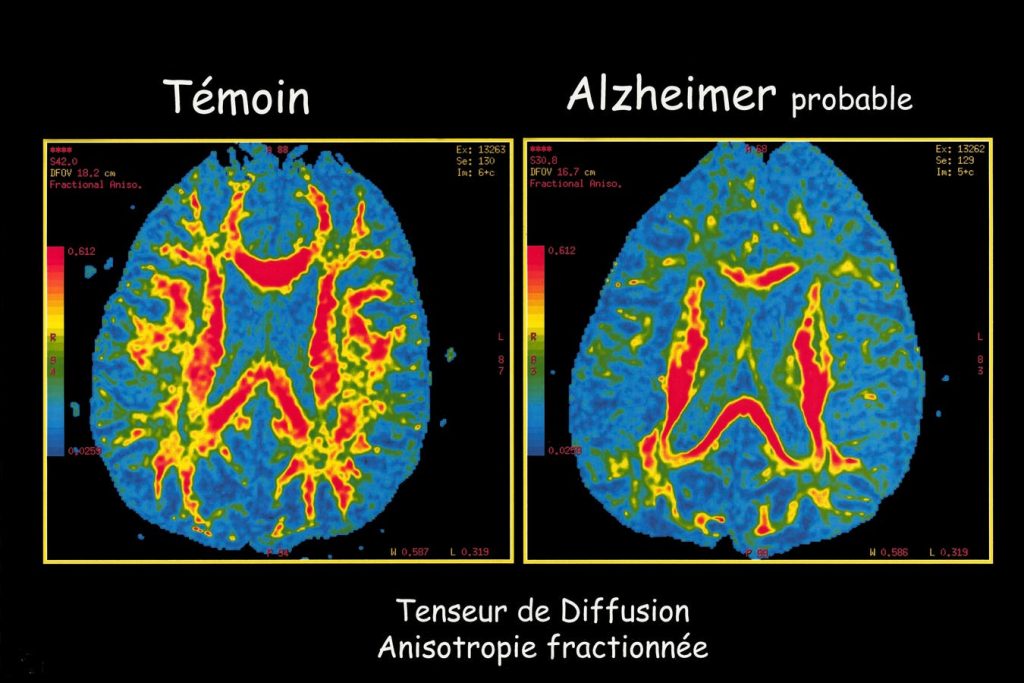It used to be that the worst fears about aging were getting cancer. Now, the worst fear is developing dementia. Unlike cancer, for which we do have treatments like surgery and chemotherapy, we have no equivalent treatments available yet for dementia. We can indeed manage and sometimes cure cancers. We can’t yet slow nor stop dementia by any medication, surgery or any other medical approach.
Prevention
There is much reported information about new dementia medications. However none of them can prevent nor stop dementia. No wonder people fear it. Researchers from all over the globe report similar conclusions: the best strategy is to prevent dementia from developing, or to significantly reduce your risk of having it. And, well, that’s a lot of work. It involves changing one’s entire lifestyle from the typical unhealthy mode to a vastly changed healthy one.
What We Eat
Medical researchers publish about the “typical American diet”. That is illustrated by the often consumed trio: burgers, fries and soda. It includes snacking on highly processed foods, replete with unpronounceable chemicals. It is light on fresh fruits and vegetables and heavy on red meats. They all conclude this kind of diet is bad for us. Yet, billions of dollars are spent every year on fast foods, high in what we know is not good for us—animal fats, sugar, refined flour, chemical additives and salt. The question of prevention fundamentally, for most people, is about what you’re willing to give up.
How We Move, Or Not
Researchers also tell us that the usual sedentary lifestyle is also bad for us, increasing our risk of dementia. Yet, no matter what credible research says about it, most Americans do not get nearly the recommended amount of exercise in any given week. Some experts opine that exercise is the biggest protection against dementia we can find at this time. Does that cause anyone to get off the couch? Probably not. It’s just too much trouble to change.
Brain Health
New research further refines some prevention strategies. Studies tell us about ways to have and maintain a healthy brain that must be part of your overall lifestyle plan. Very briefly, here is a bit of what experts recommend :
- Eat brain healthy foods. A few examples include healthy fats like avocado, olive oil, and nuts, and avoiding animal fats. They also include pesticide-free fruits and veggies, fatty fish, and unrefined whole grains.
- Daily movement is also part of the prevention strategy. This should include some activities that get your heart rate up, like brisk walking. They also suggest that things like housework, gardening and other regular movement are important and must be consistent.
- Sleep. Many American’s are sleep-deprived. Health experts advocate doing what you need to do to develop good sleep hygiene to get those 7-9 hours. They tell us that sleep, for your brain, is like “taking out the trash” of things that can build up and damage brain cells.
- Manage stress. We all experience stress in our lives, sometimes to a very high level. How we manage it is key. That takes a plan. Exercise can help and practices like brief meditation every day can also help.
- Connect with others. It is very well understood that social isolation leads to bad health outcomes. What may not be clear to all of us is that lack of community connections also increases our risk of developing dementia. It takes effort to make those connections for many who are shy, introverted or just not very social. But we have to see it as a health measure.
For a lot of folks, giving up what we’re used to seems like just too much trouble. If you’re feeling okay, this is not going to seem like an urgent thing. But maintaining a generally unhealthy lifestyle could definitely increase your risks of dementia. I heard someone say, “I don’t feel like making a bunch of changes. I’ll just die sooner”. Nope. You could just develop dementia, become a care burden to your family (or society), and live with an impaired brain for many years. For example, Alzheimer’s disease is eventually a fatal condition but it can take 20 years of decline to reach the end.
Start Small If You Want To
This is not to suggest that you do anything radical by tomorrow. People don’t usually make major lifestyle changes that fast. Rather, it makes sense to pick one habit that you know is not healthy, start with that, and commit to giving up or adding a thing. For example, if you love those fries and eat them several times a week, cut back to once a week. Take a walk for five minutes. Reach out to connect with one person, an old friend or someone you’ve not been in touch with for awhile.
That old adage, the longest journey begins with a single step, applies to dementia prevention too.
Read the full article here













